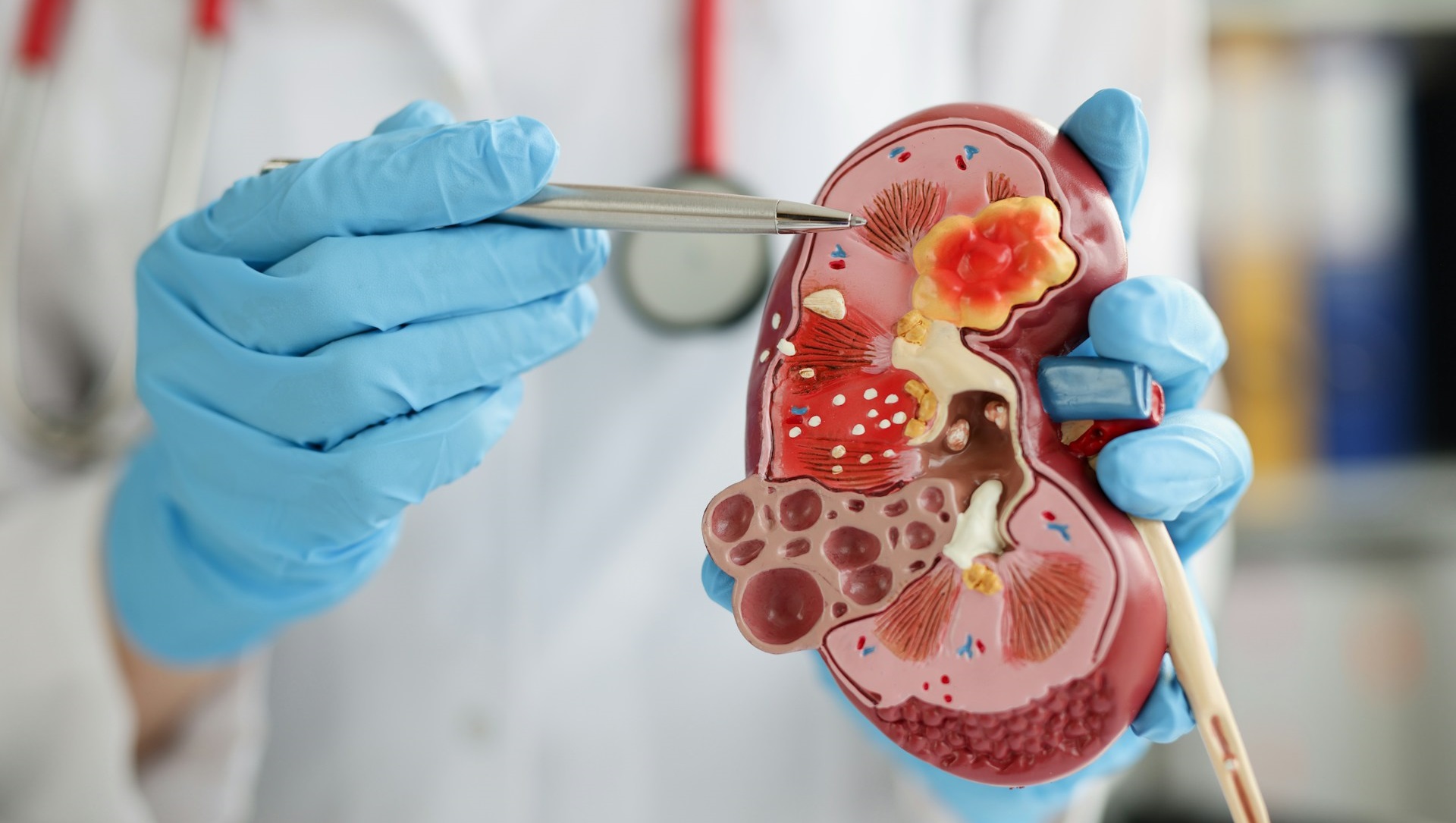
A research team at Samsung Medical Center, led by Professors Hyeryeon Jang, Junseok Jeon, and Gyeongho Lee of the Department of Nephrology, has found that a low-salt, low-protein diet can delay recovery in patients with acute kidney injury (AKI). The research team analyzed the effects of various dietary combinations, including high-salt/low-salt, high-protein/low-protein, and high-fat/low-fat diets, on kidney recovery using a mouse model of ischemic acute kidney injury.
As a result, the group that consumed a low-salt, low-protein, and low-fat diet exhibited excessive activation of TGF-β signaling, which promoted fibrosis in the injured kidney, enhanced the inflammatory response, and delayed recovery. On the other hand, a high-salt, high-protein diet also exacerbated renal tubular injury and inhibited cell proliferation, thereby impairing recovery. These findings indicate that extreme diets involving excessive restriction or intake of salt and protein can impair kidney recovery.
The research team expects that these results will provide important evidence to guide dietary management for patients with acute kidney injury during the recovery period. Professor Junseok Jeon emphasized that applying a low-salt, low-protein diet to all patients in recovery could be harmful and stated that, in the future, a customized nutritional strategy tailored to each patient’s kidney function will be necessary. This study was published in the latest issue of the international journal Frontiers in Cell and Developmental Biology (Impact Factor 4.3).